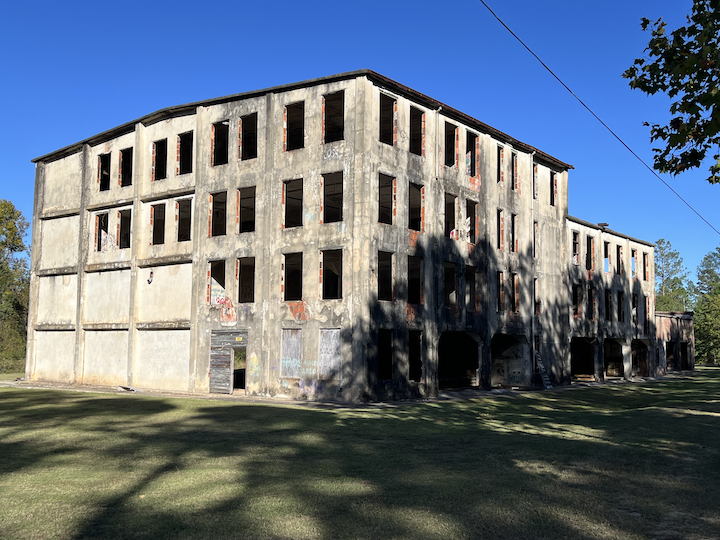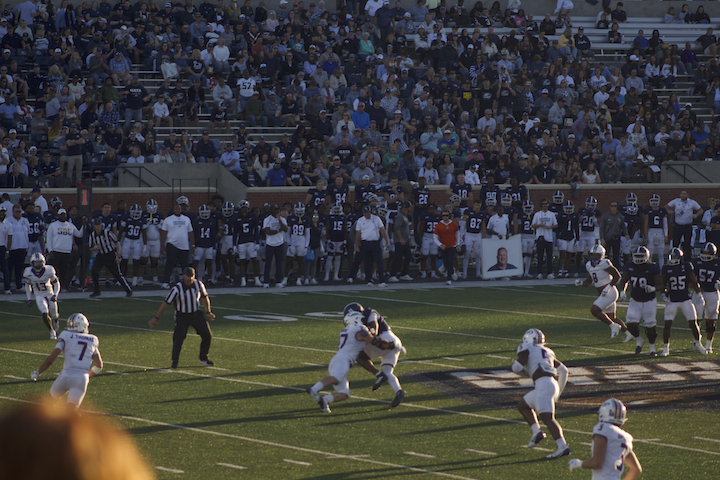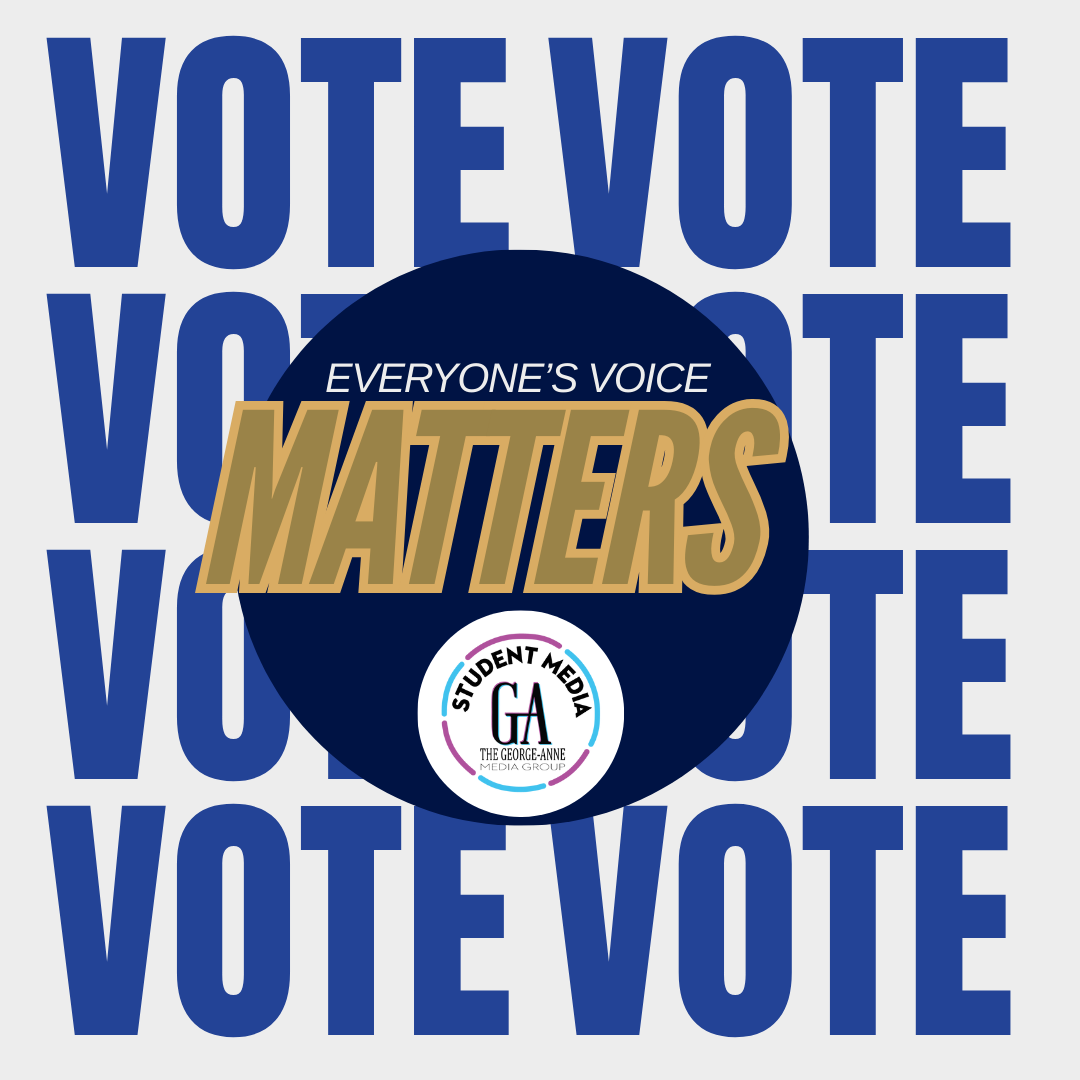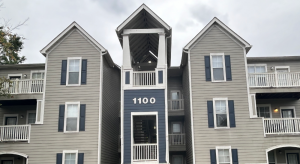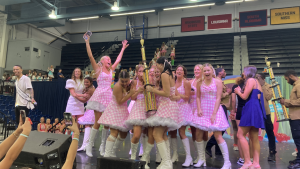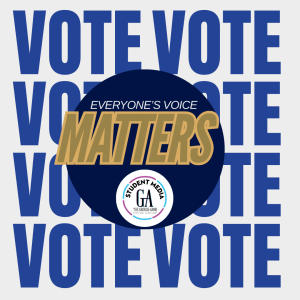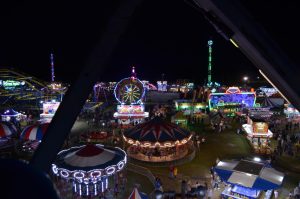Getting around campus: access for disabled students
October 16, 2014
During the first week of school, Angel Salcedo arrives for all this classes half an hour early. For students who use wheelchairs or have other mobility issues, getting around on campus requires a little more forethought.
Accommodations
“I came [to Georgia Southern] with that mindset, knowing obviously every door is not going to be accessible for me,” Salcedo, a senior middle grades education major, said.
To Salcedo this means getting to campus early, understanding the layout of buildings, knowing which entrance to use and where the elevators are.
The Student Disability Resource Center encourages students to register with them so they can help better accommodate their needs. The center’s mission is to ensure access for all students with disabilities, Mike Chambers, director of the SDRC, said.
This is not restricted to only academic accommodations, but issues of physical access as well.
“Certainly we can act as an advocate on behalf of the student when we realize that there may be physical barriers to access buildings, for instance,” Chambers said. “So we do reach out to those on campus who may be responsible for ensuring physical access to buildings.”
Access
Certain parts of campus are more accessible than others, Salcedo said. Simple things like automatic buttons for bathroom doors can make a student’s day much easier.
However, things most people overlook can be a hindrance for students with mobility issues, Salcedo said. Places like Hanner and Paulson Stadium are not very wheelchair-friendly. The only seating for students in wheelchairs is above the stands, near the walkways.
“I actually went only one time and committed not to go anymore because it wasn’t as fun as I thought it was going to be,” Salcedo said of stadium pre-renovation. “I’m pretty sure a lot of people don’t go to the football game that are in wheelchairs because they don’t think there’s anywhere to sit . . . it’s very perspective-based.”
Socializing
Socializing can also be difficult. Many of the dorms are inaccessible to those who cannot climb stairs. Freedom’s Landing, Southern Pines and Southern Courtyard are not accessible beyond the first floor – and University Villas is not wheelchair- accessible at all.
Chambers said that student needs are factored into housing assignments, and if a student requests a building with an elevator, that will be considered. To his knowledge, no one has complained about the elevator-less dorms.
“If there needs to be a change made after the student has been assigned, then they’re very open to working with the students and working with us to make sure that accessibility is a consideration at the forefront of any decision-making that is done regarding their placement in housing,” Chambers said.
“I’ve asked people what they could do,” Salcedo said. “Sometimes it’s out of their hands – the building has already been constructed.”
This can make it harder to hang out with friends, but people usually work around it.
“In a nutshell, yeah, it would hinder you because you want to be with your friends, but if they’re on the third floor, you can’t go on the third floor,” Salcedo said. “But if they’re willing enough, I’m sure they’ll come downstairs and see you or come to your place.”
People are generally understanding, Salcedo said, which is the goal of the disability awareness panel he will be taking part in next Tuesday, to spread understanding.
“The norm in society isn’t disabled. It’s something that happens and people feel bad for you,” Salcedo said. “But I don’t feel bad for me – I know a lot of people that don’t feel bad for themselves and that are disabled, so why should you feel bad for me?”
Disability Awareness Panel
October is Disability Awareness Month. To cap off their month of events, next Tuesday Georgia Southern will host a disability awareness panel.
The panel will be an opportunity for students with disabilities to speak honestly about their experiences, as well as answer questions from other students.
“It will be an opportunity to share with others a lot about how they’re impacted on a daily basis in an academic environment,” Chambers said.
The annual panel, which was first held in 2011, is generally well-attended and a great opportunity for honest dialogue, Salcedo said.
“There’s a lot of things that we go through that are unseen by people,” Salcedo said. “And things that I feel like if we just spoke about . . . you’d understand a little bit more and be less apprehensive toward getting to know us.”
The panel will be on Oct. 21, from 6-9 p.m. in the Williams Center Multipurpose Room.


